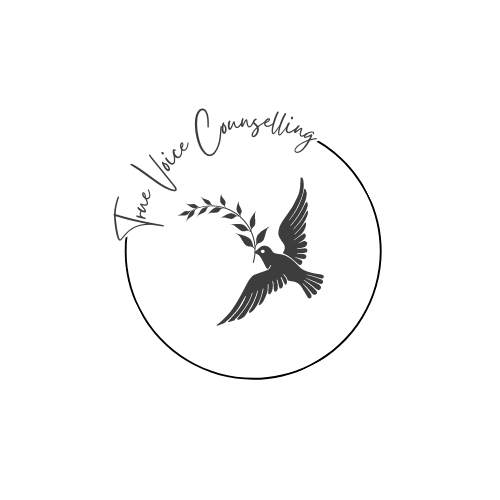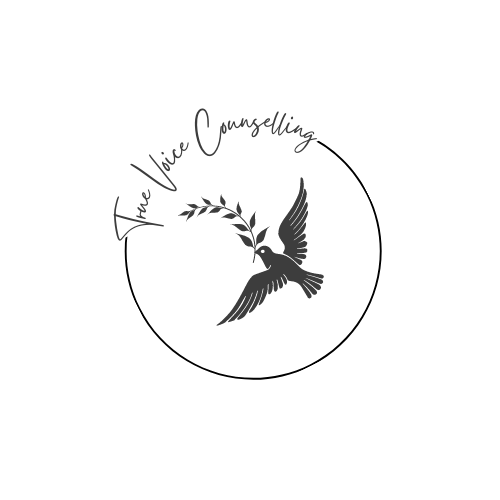Getting the Most Out of Therapy
Knowing how to 'do' therapy 'right' can be challenging. Everyone is unique, so therapy will look different depending on the person, the therapist, and the relationship between them. So, while there is no 'right way' to do therapy, some things can help you build trust with your therapist and enhance the overall experience so you can see lasting changes.
Things to consider when starting therapy:
1. Do you like your therapist? Don't choose just anybody. You may select a therapist because you've heard of their approach or you see that they have a lot of experience with the issues you want help with, but if you don't have any rapport with them when you first meet them, it might be better to look elsewhere. You will be doing some intimate and personal work, so you want to feel it’s a good fit from the onset.
2. Expect resistance from yourself. Choosing to be in therapy is sending yourself the message that you want to face and work through your difficulties, and this can put you on high alert. Expect that parts of yourself will act up to protect you. Talk about the resistance that you feel with your therapist so you can work through it together. Resistance is part of the process but doesn't need to get in the way.
3. Don't expect therapy to leave you feeling good all the time. Sometimes, we indeed feel worse before we feel better. That is because therapy is about looking at what hurts, what is difficult, and what we need and sincerely want, and this often is not a comfortable or easy process. You may feel frustrated that you aren't feeling better quickly or coming to huge realizations. This doesn't necessarily mean the therapy is failing. Often, healing and growth come about from small changes that culminate into big changes over time.
4. The process of therapy can feel mysterious at times. You may come to therapy wanting all the answers to your problems. The truth is that sometimes there aren't answers. Our need for answers points to our relationship with the unknown, and the therapy, in this case, is about accepting what you can't know and being mindful of how you may force knowing to the detriment of your well-being.
5. You can always ask questions. Depending on the therapist's approach, you might not always get the answers you want, but you can always ask, and your therapist could help you explore your question and why you may be asking it. There are no hard rules in therapy, as it's meant to be your space, so you can explore the parameters and see what's possible as much as you like. After all, is it not better to ask than to assume that you know the answer?
6. Be caring towards yourself. Therapy is challenging. Having ways to take care of yourself before and after sessions is essential to support you as you go. Journaling, meditating, yoga, singing, exercise, and reading are some ways to ground yourself before and after sessions. If you come to a session activated and stressed, it helps to let your therapist know so that you can take time to centre, which will help you do the work. Therapy is meant to bring a lot of stuff up, so having ways to care for yourself is necessary.
7. Consistency pays off. Therapy is a process. Just like any skill, it takes time. It takes time to build trust with your therapist, get to know yourself, and practice new ways of being. Usually, this process is more complex. You get out what you put in, so if you want to see fundamental changes, you need to be consistent; otherwise, you can set yourself up for failure and think therapy doesn't work. We can have many clever ways to get out of stuff that feels hard and scary, and staying mindful of that and remaining consistent will help you work through resistance and see some actual results.
8. Therapy is not meant to be once a week. You may meet your therapist once a week, but you're meant to apply what you're learning in therapy to your life outside of therapy. Just like taking a language class once a week without studying or practising won't get you far, you will see little change if therapy ends as soon as the hour is up. Understanding and self-awareness are two pillars of growth and healing, but awareness and understanding without action won't help you build something enduring or long-lasting.
9. Talk about your issues with the therapy and be open to feedback. We can blame our therapists for why things aren't going well (I've done this). This is often a protective strategy because we find something difficult or aren't advocating for our needs and preferences. We all do this in our relationships at times, and the therapeutic relationship is no different. Addressing your grievances with your therapist is one of the most healing things you can do because we often act out what we tend to do in our relationships with our therapist. In the safety and confidentiality of therapy, you can confront your relational patterns that don't work, and your therapist's support and feedback about how they feel in a relationship with you can be a tremendous gift.
10. You can take pauses or change therapists. Therapy is work, and so breaks are needed from time to time. You can go to therapy in chunks and do more focused work. Sometimes, we stay in therapy because we don't trust ourselves, do not appreciate the changes we've made, or aren't building up our support systems outside the therapy, so our therapist is our only support. If you've been in therapy for a while and the work is stagnant or stuck, sometimes a pause can help you integrate the work you've done and give your psyche time to direct you to what's important. It could mean a different therapist might be what you need, and exploring the stagnation you may feel in your therapy can help you and your therapist see what the best way forward for you may be.

